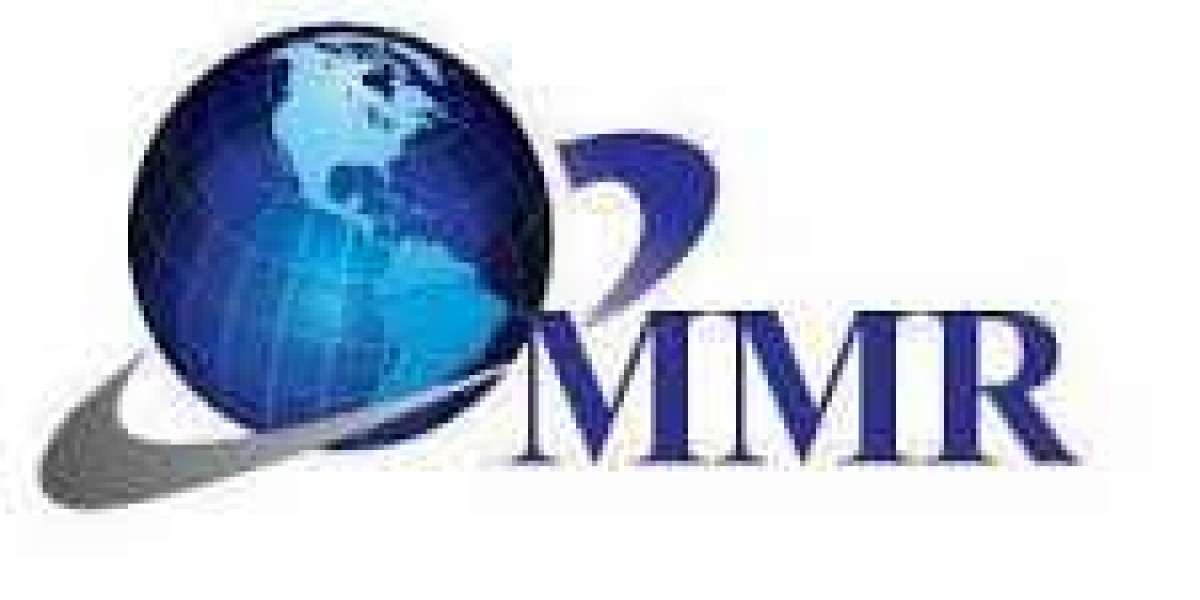For many aspiring doctors in India, securing an MBBS (Bachelor of Medicine, Bachelor of Surgery) degree domestically can be a daunting task due to fierce competition and the limited number of seats available in medical colleges. As a result, students often explore options abroad, and Bangladesh has become a popular destination for Indian students pursuing medical education. The question that frequently arises is whether an MBBS degree earned in Bangladesh is valid in India and what the process is for such graduates to practice medicine in India.
This article provides a comprehensive overview of the validity of a Bangladesh MBBS degree in India, covering aspects such as recognition, the licensing process, advantages, challenges, and other critical considerations for Indian students contemplating studying medicine in Bangladesh.
1. Recognition of Bangladesh MBBS Degrees in India
One of the most important concerns for Indian students considering studying MBBS in Bangladesh is whether the degree will be recognized in India. The good news is that an MBBS degree from Bangladesh is indeed recognized in India, provided the medical college is approved by the Medical Council of India (MCI), now known as the National Medical Commission (NMC). The NMC is the regulatory body responsible for medical education and practice in India.
Medical colleges in Bangladesh that are listed in the World Directory of Medical Schools and are recognized by the NMC allow graduates to apply for licensing exams in India. This means that an MBBS degree from a recognized medical college in Bangladesh can be valid for further studies or practice in India, subject to specific procedures outlined by the NMC.
2. The Foreign Medical Graduate Examination (FMGE)
The most crucial step for Indian students who graduate with an MBBS degree from Bangladesh (or any other foreign country) is passing the Foreign Medical Graduate Examination (FMGE). The FMGE is a screening test conducted by the National Board of Examinations (NBE) in India. It is mandatory for all Indian citizens with foreign medical degrees who wish to practice medicine in India.
The FMGE is a challenging exam, designed to assess the knowledge and skills of foreign medical graduates to ensure that they meet the required standards to practice in India. It consists of two papers, each containing 150 multiple-choice questions, covering various subjects that students study during their MBBS course.
Key Requirements to Sit for the FMGE:
- The candidate must be an Indian citizen or hold an Overseas Citizen of India (OCI) card.
- The candidate must have obtained their MBBS degree from a recognized medical institution abroad (in this case, from an NMC-recognized medical college in Bangladesh).
- The candidate must have completed their entire primary medical education in the same institution from which they earned their degree.
Passing the FMGE is essential for obtaining a provisional or permanent registration with the NMC and practicing medicine legally in India. The exam has a pass rate of around 15–20%, which highlights the difficulty of the exam and the level of preparation required.
3. Internship and Licensing Procedures
In addition to passing the FMGE, Indian students who graduate with an MBBS degree from Bangladesh must also complete a compulsory rotating internship. Typically, students complete their internship as part of their MBBS program in Bangladesh, but the NMC may require them to repeat some or all of their internship in India, depending on the guidelines of the Indian state medical council.
Once a student passes the FMGE and completes their internship, they can apply for permanent registration with the NMC or the respective state medical council. This registration is necessary to practice medicine independently in India. Graduates must submit their FMGE pass certificate, degree certificate, internship completion certificate, and other required documents to the medical council for registration.
4. Advantages of Studying MBBS in Bangladesh for Indian Students
Studying MBBS in Bangladesh offers several advantages for Indian students, which contribute to the growing popularity of this option.
a) Similar Medical Curriculum
The medical curriculum in Bangladesh is quite similar to that in India, as it is designed following the guidelines of the World Health Organization (WHO) and follows the structure laid out by the NMC. This similarity in the curriculum makes it easier for Indian students to adapt to the medical education system in Bangladesh and also helps them in their preparation for the FMGE upon returning to India.
b) Affordable Tuition and Living Costs
One of the main attractions of studying in Bangladesh is the affordability. Compared to private medical colleges in India, the tuition fees for medical programs in Bangladesh are significantly lower. The cost of living in Bangladesh is also relatively low, making it a financially viable option for many Indian students.
c) Cultural and Geographical Proximity
Bangladesh shares strong cultural and linguistic similarities with many parts of India, particularly in the eastern and northeastern states. The proximity to India, along with the cultural overlap, makes it easier for Indian students to adjust to life in Bangladesh. Additionally, the geographical proximity allows students to return home more frequently than if they were studying in more distant countries.
d) English-Medium Instruction
Most medical colleges in Bangladesh offer MBBS programs in English, making it accessible to Indian students who are fluent in English. This eliminates the language barrier that Indian students may face in non-English speaking countries like Russia, China, or Ukraine.
5. Challenges Faced by Indian MBBS Graduates from Bangladesh
While there are numerous advantages to studying MBBS in Bangladesh, there are also challenges that Indian students must be aware of before making their decision.
a) FMGE Pass Rate
As mentioned earlier, the FMGE has a relatively low pass rate. This indicates the rigor of the exam and the need for extensive preparation. Even though the medical curriculum in Bangladesh is similar to that of India, the FMGE tests students on a wide range of subjects, and success in the exam requires comprehensive knowledge and application of medical principles. Indian students studying in Bangladesh must be prepared to dedicate significant time and effort to prepare for this screening exam.
b) Recognition of Medical Colleges
While many medical colleges in Bangladesh are recognized by the NMC, not all of them are. It is essential for students to verify the recognition status of the medical institution they are considering before enrolling. Studying in a non-recognized institution could lead to difficulties in getting licensed to practice in India.
c) Cultural Adjustments
While the cultural proximity between Bangladesh and India is an advantage, it can also pose challenges for students coming from different parts of India, especially those who are unfamiliar with the language or customs of Bangladesh. Students may face difficulties in communicating with patients during clinical rotations, as most patients in Bangladesh speak Bengali. Learning some basic Bengali can be helpful, but it may still be a challenge for students who do not have prior exposure to the language.
d) Repetition of Internship
In some cases, Indian students who complete their internship in Bangladesh may be required to repeat their internship in India. This can extend the time it takes to start practicing as a doctor in India and may lead to additional stress for students eager to begin their careers.
6. Preparing for Success
To increase the chances of success in obtaining a valid MBBS degree from Bangladesh and transitioning smoothly into practicing medicine in India, students should keep the following points in mind:
a) Choose a Recognized Medical College
Before applying to any medical college in Bangladesh, ensure that it is recognized by the NMC. This recognition is critical for sitting the FMGE and obtaining a license to practice in India.
b) Prepare Early for the FMGE
Students should start preparing for the FMGE well in advance, ideally during their medical studies in Bangladesh. There are numerous preparatory courses and resources available to help students build the necessary knowledge and skills to pass the exam.
c) Focus on Clinical Skills
Hands-on clinical experience is essential for becoming a successful doctor. Students should focus on gaining practical skills during their internships and clinical rotations in Bangladesh, as this experience will be invaluable when they return to India and start practicing.
Conclusion
In conclusion, an MBBS degree from a recognized medical college in Bangladesh is valid in India, provided the graduate passes the FMGE and completes the necessary licensing procedures. For Indian students who are unable to secure a medical seat in India, Study MBBS in Bangladesh offers a viable alternative, combining affordable education with a recognized degree and a curriculum similar to that of Indian medical colleges.
However, students must be prepared to face challenges such as passing the FMGE, adjusting to a new cultural environment, and potentially repeating their internship in India. With proper planning, dedication, and preparation, pursuing an MBBS degree in Bangladesh can lead to a successful medical career in India.


